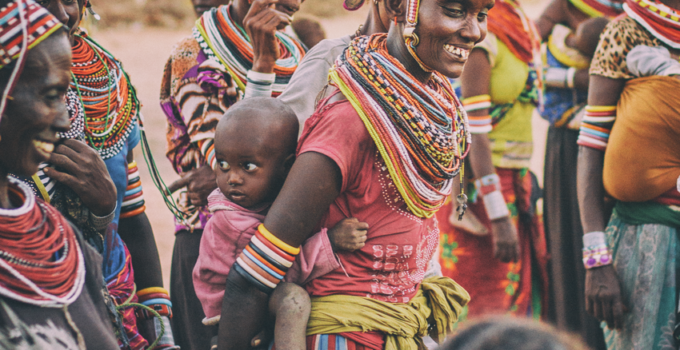There’s still a country where the soil is naturally red and the sky is light blue, where sunsets and sunrises are a spectacle of natural colors, where one can meet the Masai Mara tribe and animals are free to roam in their natural surroundings.
This country is Kenya, synonymous with some of the most spectacular untouched natural beauty on Earth. 22 national parks, 28 nature reserves, 5 sanctuaries, 4 national marine parks, and 6 marine reserves speak sufficiently of this country’s natural resources. Animals, the charm of prehistory and the untouched, wild nature leaves an indelible mark on the memory and sense of belonging to this world called Africa for every visitor.

source:unsplash.com
Having all this in mind, it’s no wonder that hundreds of people impatiently wait to dive into this special world. If you’re planning a trip to this marvelous country this year, you’re definitely going to need these tips we’ve prepared for you.
Page Contents
Take care of the documents you need

source:pexels.com
In order to enjoy your trip to Kenya, you’ll also need to deal with some mandatory procedures. Of course – the tourist visa. It’s mandatory regardless of the duration of the trip. It’s required to possess only a passport which is valid for six months after the date of departure is required in order to obtain it.
And it needs to have at least two blank pages. For this, you can contact companies such as eVisa Kenya as they’re able to complete the application quickly – and the best part is that you won’t need to leave your home in order to do it. There are also some other benefits like phone support and an expert review of your application.
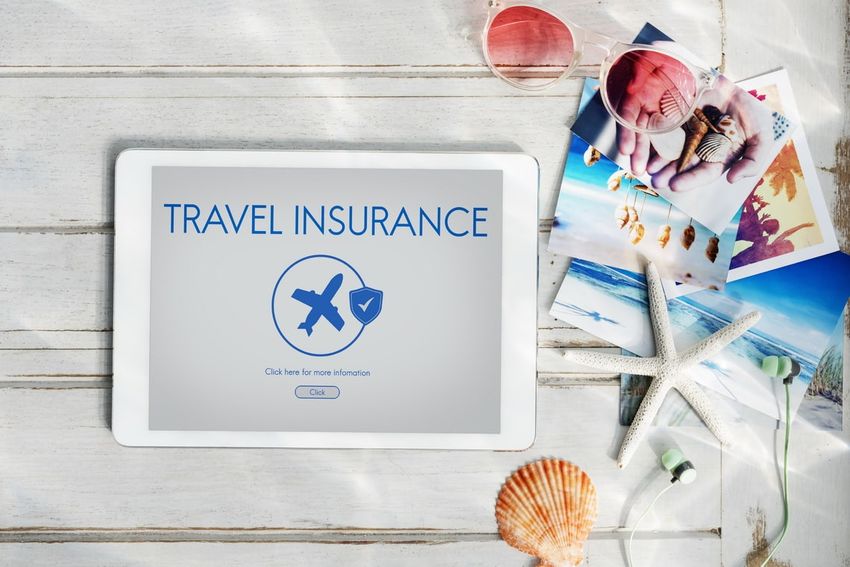
source:pexels.com
We recommend you make a copy of your passport and store it in a separate place, or scan it and save it on your smartphone, tablet or any easily accessible email account of yours. Just in case. Reconfirm that its validity is at least 6 months after the departure of the last country of your trip and that it has enough pages for visas.
To make your trip more enjoyable, we recommend you get an international driving permit and know more about it on International Drivers Association.
Take several passport-sized photos with you for any unexpected administrative management and never leave your personal or necessary documentation in your luggage. All this should always go with your personal stuff.
Layered clothes and hats
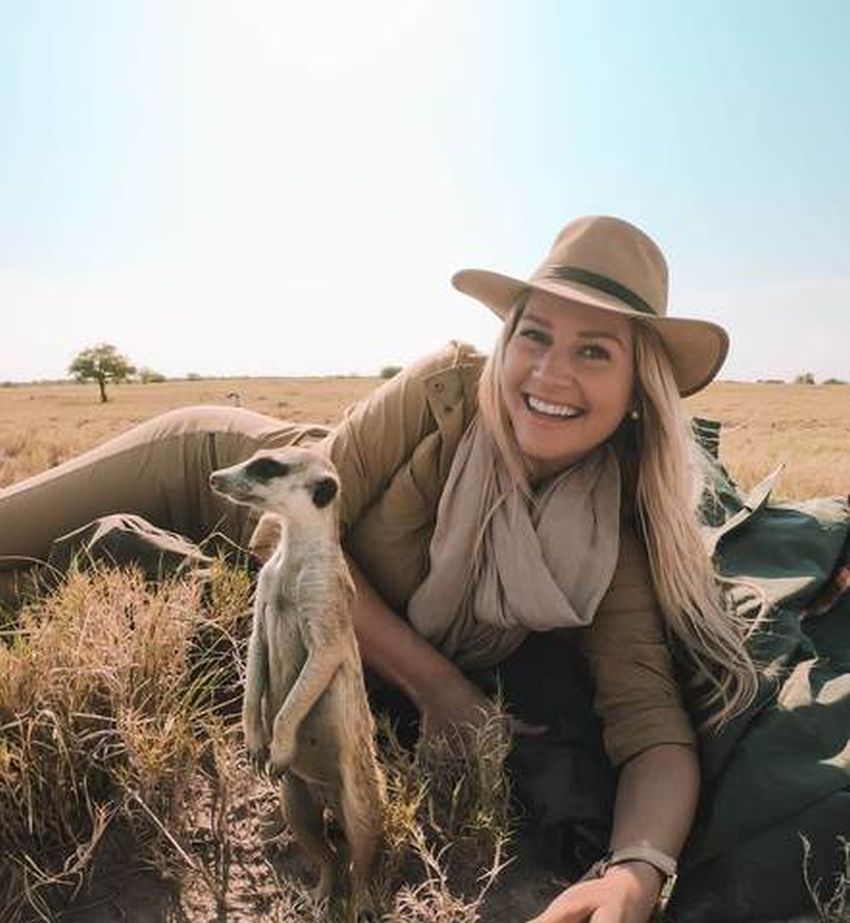
source:pixabay.com
Once you prepared all your necessary documents and papers, it’s time to make a “what to pack” list and start preparing. First, you need to decide what kind of clothes you’re taking with you.
Things you’ll need? Having in mind that layered clothing is the best option, pack lots of socks, T-shirts, warm pajamas, underwear, a waterproof jacket, as well as a hat that covers the head well not only in open safari vehicles but also in altitudes above 1500 meters. Comfortable sneakers are your best friend, but don’t forget flip-flops, too – they’re perfect for relaxing by the pool or for the beach.
The wide-brimmed hat protects the face from the equatorial sun. It’s advisable to purchase some lighter-colored garments for safari, as dust seems to be less visible then and it’s also useful to know that “military” clothing is strictly forbidden in Kenya.
Don’t let mosquitos ruin the party!

source:stuff.co.nz
Due to the fact that Kenya is a natural habit of bunches of mosquitos, you need a really, really good spray. True, you can get it in any pharmacy or drugstore, but in Kenya, you’ll find repellents of high quality at hotels or any other place you’re staying at.
As Kenya is a country with an extremely high risk of various mosquito-borne diseases, preventative measures should be implemented to prevent mosquito bites. That means that long, wide clothing, nets on windows and repellents are a must. Here there’s also a risk of malaria infection so it’s recommended to take chemoprophylaxis pills that reduce it.
Be aware of yellow fever

source:kurunzi.news
According to World Health Organization recommendations, yellow fever vaccination is optional but recommended for travel to Kenya. It’s mandatory for travelers if they come from an infected area. One dose of yellow fever vaccine provides lifelong protection.
It should be given at least 10 days before the trip. Just in order to prevent this contagious illness, don’t drink tap water and consume only bottled mineral water, always making sure that the bottle hadn’t been open before. Make sure that soft drinks and ice cream are also open in your presence and reject all products that are open out of your sight.
It’s a good thing to hire international travel medical insurance that covers at least the transfer by air ambulance from any point in Kenya to Nairobi, since if such a transfer’s necessary it might be extremely difficult and expensive.
Money, money, money
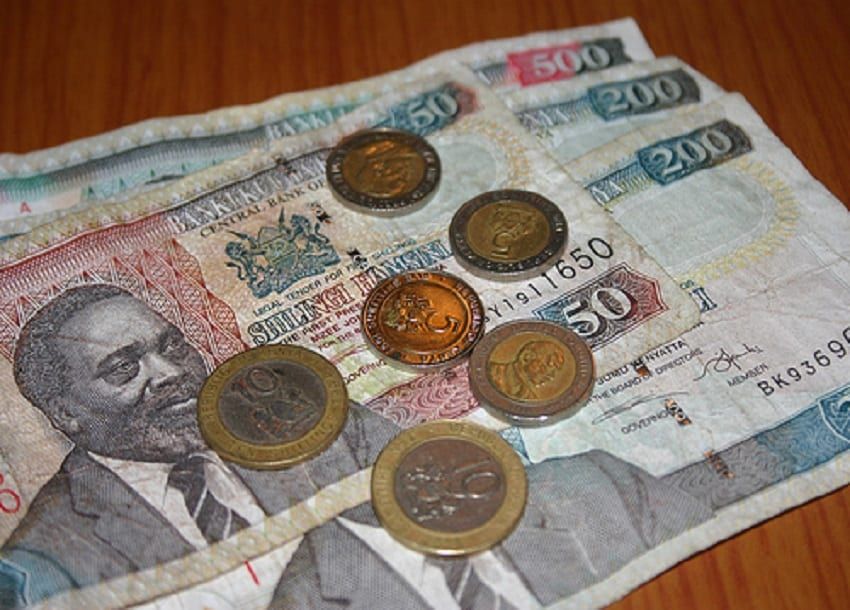
source:unsplash.com
The official currency of Kenya is the shilling or Kenyan shilling: one euro is equivalent to just over 100 shillings. It’s important to know that you can exchange the money without any difficulties and straight after your arrival at the airport. Almost all banks have ATMs and there are many of them in every city. They accept Master Card, Visa, Plus and Cirrus cards.
The black money market is currently not as widespread, although it’s still possible to find money changers that offer some pretty good change rates. The thing is – you must be very careful when using these services and aware of the risks involved. In border crossings, they’re usually the only option, but the safest one is the one that includes the exchange or “forex” agencies that can be found everywhere.
Prepare plug adapters
Depending on the country you’re coming from, you might need them, since the sockets in Kenya sometimes aren’t compatible with ours and you might need some additional equipment to recharge your cell phone or your laptop. There are also extensions (you can try with 1-meter-long ones with a couple of sockets) that might be pure salvation in cases like this.
Be able to adapt
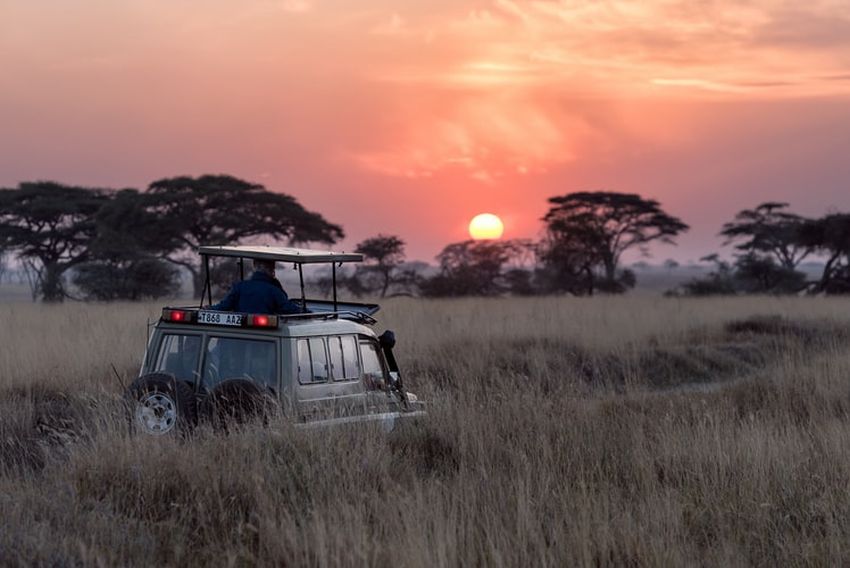
source:unsplash.com
You visit a country in Africa because you’re interested in nature. You’re interested in observing wildlife and valuing positively the knowledge you get about other cultures. You’re traveling to a continent with a rhythm of life and customs which are probably rather different from your place of origin. Long story short – it’s you who needs to adapt to the circumstances of the country. There’s no other way to enjoy such an experience than doing it.
The main motive of the trip is to observe wildlife in the wild, so it’ll be necessary to spend many hours in a vehicle on transfers and tours of parks and reserves. Sometimes you’ll spend your day on bumpy, dusty roads and tracks or in areas far away from the urban ones you’ve seen before.
Unless you have hired some luxury lodges or camps, you’ll stay in places that can’t offer the same service and facilities as a four-star western city hotel. It’s crucial to keep in mind that we’re in a natural environment, and the sighting of wildlife depends both on the skill of the guide and on luck we have. Therefore, relax and enjoy the experience – be respectful of the natural environment and the communities or villages you visit.

